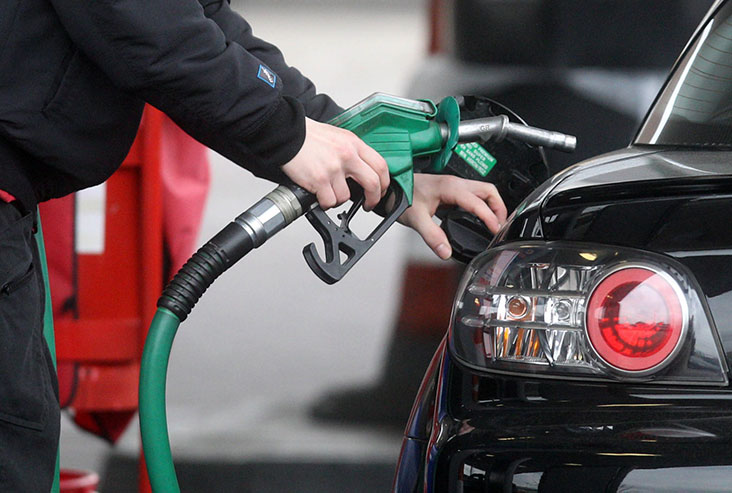
Do Petrol Cars Have a Future?
autopartmax.comThe future of petrol cars has been a subject of much debate and speculation as the world moves towards more sustainable and eco-friendly transportation options. With the rise of electric vehicles (EVs) and the increasing concerns about climate change and air pollution, many are questioning whether petrol cars will continue to have a place in the automotive industry.
However, despite the growing popularity of EVs, it is important to note that petrol cars still have a significant presence on the roads today. Petrol-powered vehicles have a well-established infrastructure, with refueling stations readily available in most areas. This accessibility and convenience make them a preferred choice for many consumers, especially those who travel long distances or live in areas with limited charging infrastructure.
Additionally, petrol cars have undergone significant advancements in technology, resulting in improved fuel efficiency and reduced emissions compared to older models. Manufacturers have been investing in research and development to make petrol engines more efficient and environmentally friendly, ensuring compliance with increasingly stringent emission standards.
Another factor contributing to the future of petrol cars is the ongoing development of hybrid vehicles. Hybrid cars combine both an internal combustion engine and an electric motor, offering the benefits of reduced fuel consumption and lower emissions. This transitionary technology allows consumers to experience the advantages of electric power while still relying on petrol engines for longer trips or when charging infrastructure is limited.
Furthermore, the demand for petrol cars remains strong in emerging markets and developing countries where EV adoption may be slower due to cost constraints, limited charging infrastructure, and the need for longer driving ranges. These markets contribute significantly to the global automotive industry, ensuring the continuation of petrol car production and sales.
It is also worth considering the significant investments made by major automakers in petrol car production and research. While many manufacturers have announced ambitious plans to transition to electric vehicles, they continue to invest heavily in improving petrol engine technology. This suggests that petrol cars will continue to be an important part of their product lineups for the foreseeable future.
Moreover, the automotive industry has been exploring alternative fuels such as biofuels and synthetic fuels, which can be used in existing petrol engines. These fuels have the potential to reduce greenhouse gas emissions and provide a more sustainable option for petrol car owners, further extending the lifespan of petrol-powered vehicles.
Ultimately, while the future of petrol cars may be challenged by the increasing popularity of electric vehicles, they are unlikely to disappear entirely. The global automotive landscape is likely to see a mix of electric, hybrid, and petrol-powered vehicles for the foreseeable future. As technology continues to advance and alternative fuel options become more viable, petrol cars will adapt and evolve to remain relevant in the ever-changing transportation industry.
In conclusion, petrol cars still have a future, albeit one that may be reshaped by the rise of electric vehicles and the need for more sustainable transportation options. It is essential for automakers to continue investing in research and development to improve the efficiency and environmental performance of petrol engines, while also embracing alternative fuel options. The coexistence of petrol, hybrid, and electric vehicles is likely to be the norm as the world strives towards a more sustainable future.